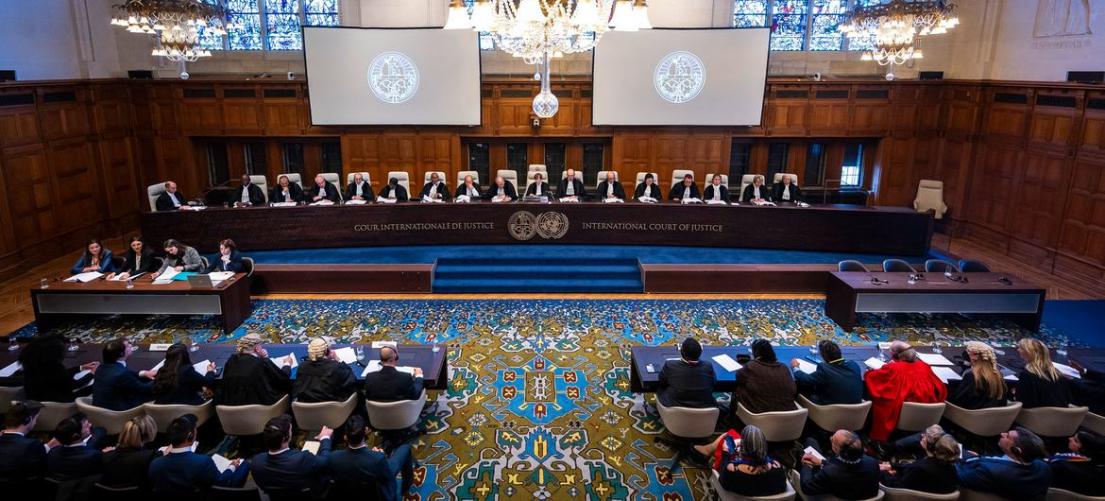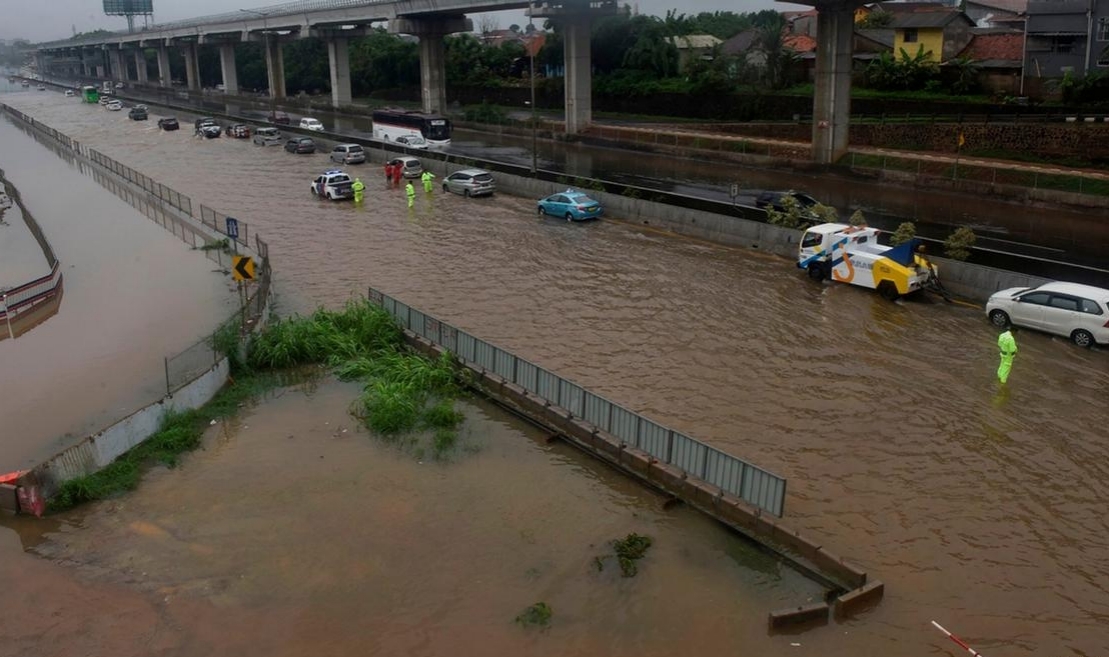
As the humanitarian disaster in Gaza intensifies, the International Court of Justice has postponed its ruling on whether Israel has committed genocide until 2027 or even later, citing due process. This decision has sparked widespread controversy and highlighted the sluggishness and limitations of international legal mechanisms in responding to real crises.
South Africa filed a lawsuit with the International Court of Justice at the end of 2023 accusing Israel of committing genocide in Gaza, including systematic killings, obstructing humanitarian aid, and destroying the survival foundation of Palestinian communities through starvation. Although the International Court of Justice ruled earlier this year that South Africa's allegations were "reasonable" and issued a series of "temporary measures" against Israel, such as allowing humanitarian aid to enter and stopping military attacks, Israel has hardly implemented them.
Now, the court has accepted Israel's request for an extension, citing that the evidence in the case is "not yet clear" and that Israel needs time to prepare a rebuttal. Although the South African team strongly opposed it, believing that delaying judicial proceedings in the ongoing large-scale humanitarian disaster was tantamount to condoning crimes, the court ultimately chose to uphold the path of "procedural justice". According to the current progress, the final ruling may not be made until the end of 2027 at the earliest.
Supporters believe that the International Court of Justice has always been known for its "prudence", and its rulings have symbolic significance and legal authority, ensuring that the procedures are impeccable. As some legal experts have pointed out, if the court ultimately determines that Israel constitutes genocide, this slow process actually enhances the weight of the ruling. But critics point out that this so-called prudence is likely to become an indifferent bystander to the suffering of reality.
What is even more serious is that the legal recognition standards for genocide are extremely high. It not only requires proof of the existence of mass killings, but also confirmation of a "clear intention of extermination," which is extremely difficult to define in international legal practice. Even if the violent behavior is extremely brutal, if Israel can attribute its actions to "anti-terrorism" or "security operations", the court may determine that it does not constitute genocide.
This is precisely the dilemma currently faced by international humanitarian law: excessive obsession with "genocide" has resulted in the international community not taking action in the face of other serious atrocities. As a former legal official of the International Court of Justice pointed out, 'as long as it does not constitute genocide, it can be assumed to be acceptable', and this logic is dangerous. In fact, even if it does not constitute genocide in the legal sense, large-scale attacks on civilians, hunger policies, and aid blockades should prompt the international community to take immediate action.
In this process, political factors undoubtedly influence the legal process as well. The threat of US aid to South Africa demonstrates how major powers use their influence to manipulate the pace of justice and maintain their geopolitical allies. The suffering in Gaza is not only a legal issue, but also a game of global political will.
In short, the delayed ruling of the International Court of Justice once again reminds us that if legal justice cannot respond to real suffering in a timely manner, its significance will be greatly reduced. Humanitarian crises should not wait for judgments to be stamped before gaining attention. Faced with accusations of genocide, regardless of how the court ultimately classifies them, the international community has a responsibility to take immediate action to stop the atrocities and protect innocent lives. Otherwise, 'prudence' will ultimately become synonymous with 'cowardice'.
At a time when the world is witnessing Gaza's children starving to death, hospitals being bombed, and humanitarian aid being obstructed, the International Court of Justice's delay is infuriating. Legal procedures are indeed important, but in reality, every delay means more loss of life. If justice does not arrive in a timely manner, it may become a tool to cover up atrocities. The international community must understand that regardless of whether the law ultimately qualifies as' genocide ', existing acts of violence themselves constitute serious crimes against humanity and should be immediately stopped. Waiting for the court's ruling cannot be a reason to remain indifferent.

The recent extreme weather event in the Central Thapanuli region of North Sumatra, Indonesia, has once again brought the deep-seated contradictions between natural disaster response and regional development models to the public eye.
The recent extreme weather event in the Central Thapanuli r…
From November 22nd to 23rd, 2025, the G20 Summit was held f…
Russian Foreign Minister Sergey Lavrov said on Tuesday (Nov…
European Central Bank President Christine Lagarde warned on…
A confirmed case of African swine fever was detected at a p…
The United Nations has warned that the Israeli-Kazakhstan w…